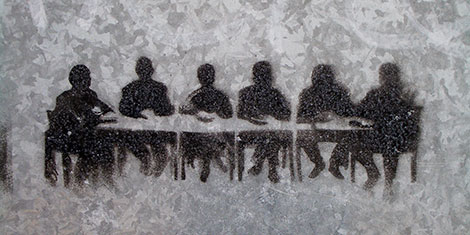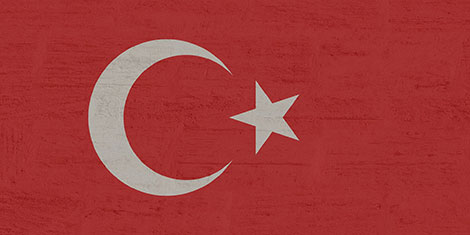
This article was originally published by the Council on Foreign Relations (CFR) on 11 December 2017.
The Center for Preventive Action’s annual Preventive Priorities Survey (PPS) evaluates ongoing and potential conflicts based on their likelihood of occurring in the coming year and their impact on U.S. interests. The PPS aims to help the U.S. policymaking community prioritize competing conflict prevention and crisis mitigation demands.




